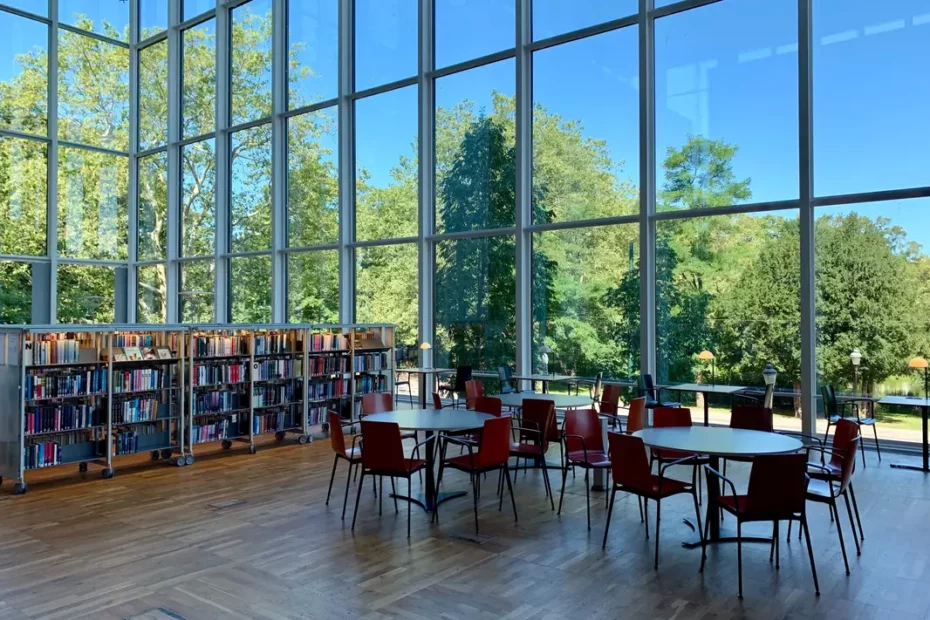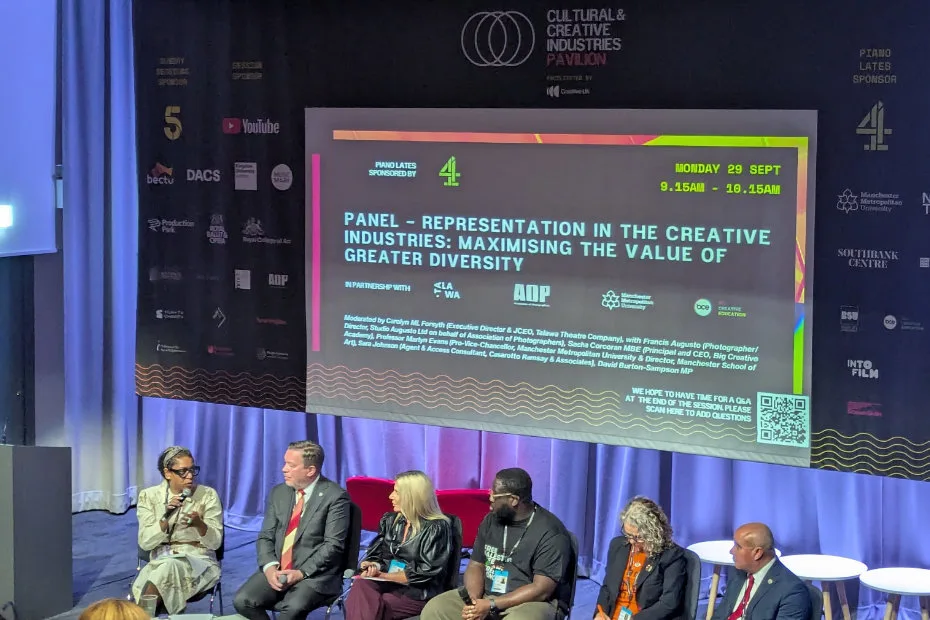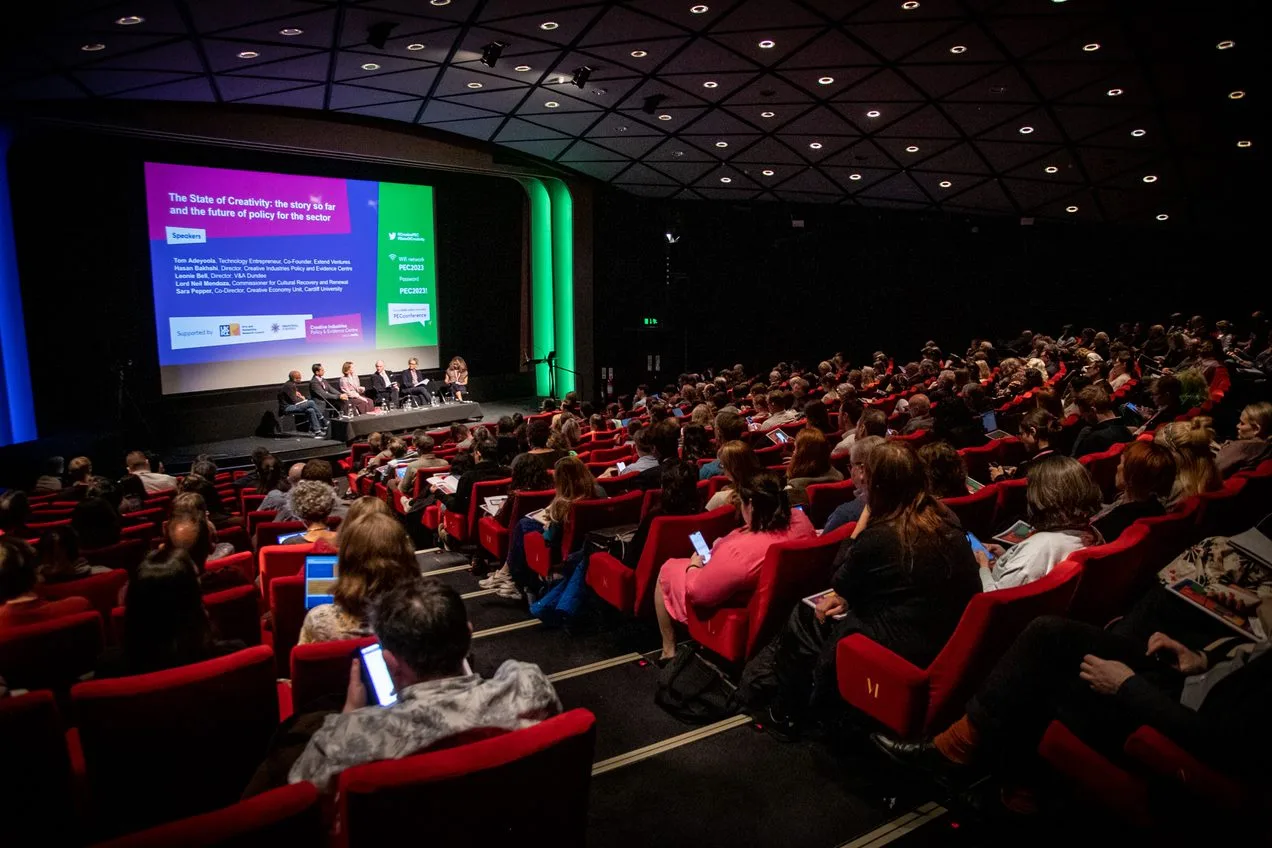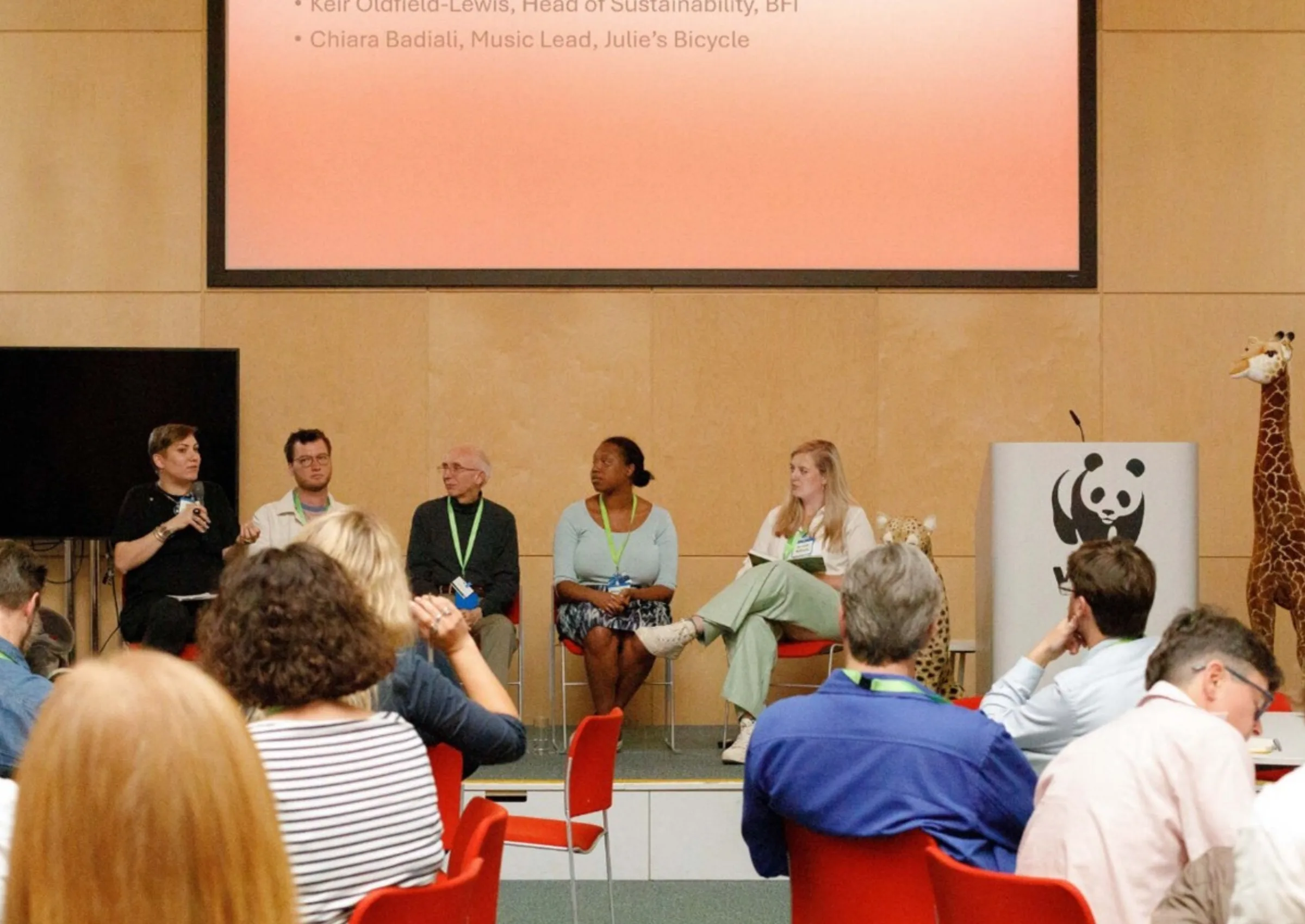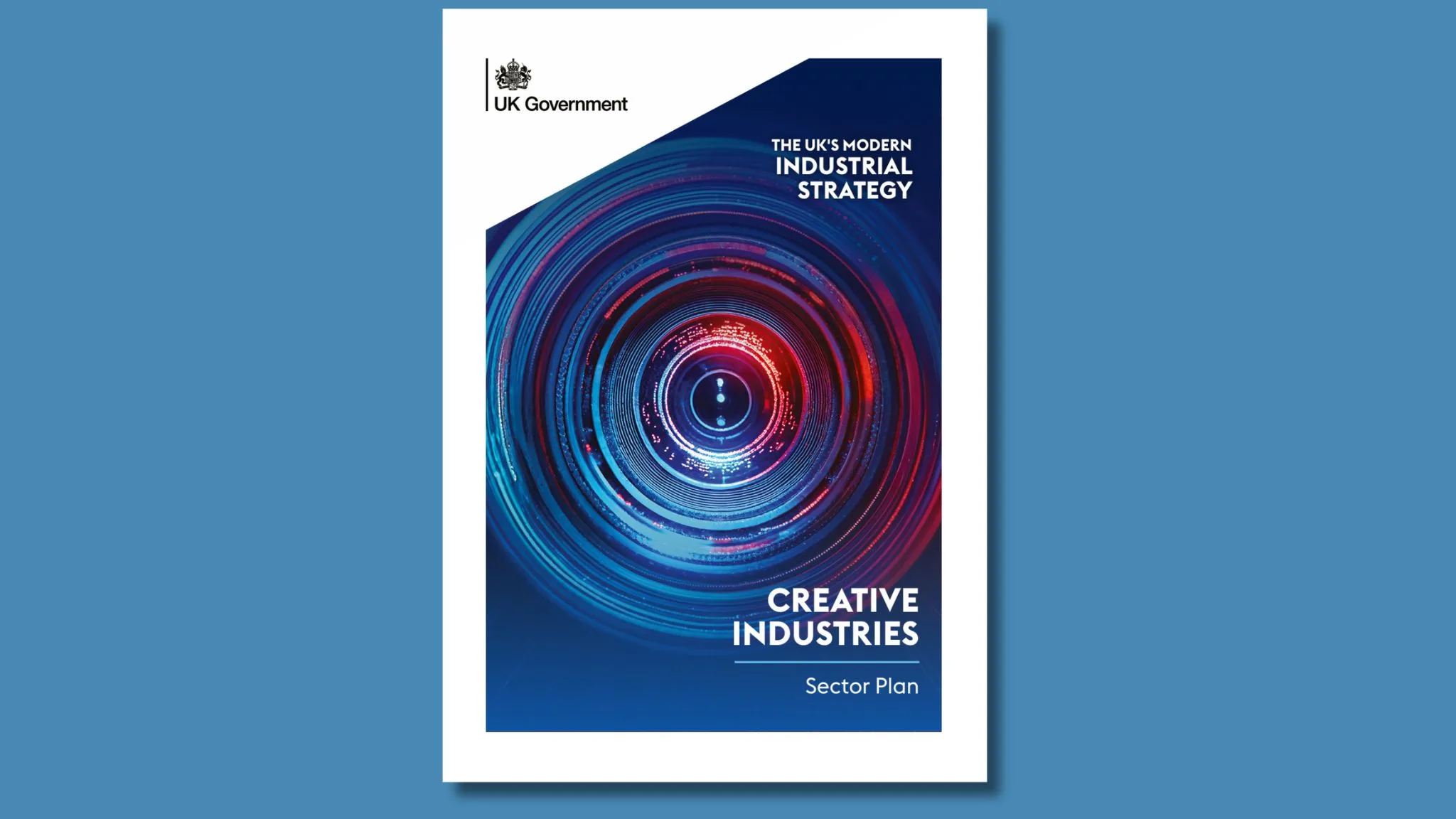Education is an investment, and not just in a narrow financial sense. It is often life changing, and certainly has been for my family. It opens the door to the many subjects on which human understanding, and indeed flourishing, depends.
For some, the learning is reward in itself, irrespective of what it does for them in terms of job prospects. My grandmother left school at 15 and studied at the University of Essex in her 70s. That was clearly not a career decision!
Equally, many university applicants want to know about their labour market prospects when choosing their degree, and the latest Institute for Fiscal Studies research suggests that lower income students are more likely to choose occupation-oriented courses, such as law, computing and pharmacology.
So the need for good information on graduate outcomes for students is clear, particularly for those who don’t have parents with experience of university to guide them. We should not hide from these data and students have the right to know how people who took a particular course in the past did in the labour market.
However, historical earnings data can never tell a complete story about the “value” of a course for many reasons. The course may have recently changed. The labour market may need different skills than it did. Some local labour markets pay much higher wages than others, and, for many graduates, moving is not an option; if we judge the “value” of a course without consideration of this, we penalise students and universities in the most deprived parts of the country.
Moreover, wages in some highly socially valuable jobs, such as teaching and nursing, are largely determined by the state. Judging the value of nurses by their pay is obviously wrong, and the pandemic has further emphasised their worth. The same argument might be applied to a range of public sector occupations.
Even where wages are more clearly determined by the market, they do not measure “value”. The arts are attractive and many people want to work in them. That willingness keeps the supply of talent high, from which the creative industries benefit, but it also keeps the wages down.
Above all, as the Institute for Fiscal Studies’ research shows, some courses that do not lead to high earnings on average nonetheless offer better access to students from low-income households and provide them with a chance to earn a higher wage. All of this needs to be reflected in the government’s White Paper on higher education in England, promised imminently.
In my current job, as director of one of the UK’s major research funders, it is also evident to me that we need a more diverse group of people to become sufficiently knowledgeable and passionate about a subject to do research that, in unpredictable ways, improves our understanding of the world.
We need people to do the kind of research that has so benefited us during the pandemic: from historical research into past plagues to ethnographic research into vaccine reluctance; from data science research on misinformation to the artistic innovations that have brought galleries, museums and theatre into our living room; and from research into the best way to minimise the impact of Covid on children’s learning and mental health to philosophical work on how we can balance rights and freedoms. Not to mention the vaccine, of course.
But we cannot deny that the majority of degree costs are still born by the state, despite tuition fees. It is legitimate for the government to ask whether, economically speaking, the UK has too many graduates. But the answer is complicated. Compared to many other countries, university participation is not particularly high, though I would argue that high-quality vocational routes should also be a priority and that the funding system has favoured degrees.
Should students be studying different subjects? Yes, in some cases. But trying to identify which particular graduate skills will be needed in 10 years is tricky. We almost certainly want more doctors and nurses given likely demand for medical care. But should we be prioritising funding for science subjects over arts or humanities? Studies that attempt to predict future labour needs typically find that science and arts are both important. And while we do have scientific and technical skills shortages, not all science degrees attract high earnings – and there is considerable variation in earnings across arts and humanities degrees, too. A binary approach that favours one irrespective of the specifics of a particular subject or course ignores this.
We do need some checks in the system to prevent universities increasing student numbers on “cheap to provide” courses that don’t have good outcomes. But rather than asking whether we have too many creative arts graduates, a better question might be to ask what breadth and depth is needed for any degree to enable someone to both pursue the subject they love and acquire a wider range of skills needed in the labour market. Without such a nuanced approach, the risk is that we inadvertently cut off the broad pipeline of talent we will need to flourish in an unpredictable future.
Anna Vignoles is director of The Leverhulme Trust and has written extensively about how graduates’ wages vary by subject and institution with colleagues from the Institute for Fiscal Studies.
This guest blog featured in the Times Higher Education on 7 December 2021
Thumbnail and hero image credit: Drahomir Post by Mach on Unsplash
Related Blogs
Insights from the Labour Party Conference 2025
Creative PEC Policy Adviser Emily Hopkins attended the Labour Party Conference in September 2025.
Association of South-East Asian Nations’ long-term view of the creative economy
John Newbigin examines the ASEAN approach to sustainability and the creative economy.
Take our Audience Survey
Take our quick survey and you might win a National Art Pass.
Culture, community resilience and climate change: becoming custodians of our planet
Reflecting on the relationship between climate change, cultural expressions and island states.
Cultural Industries at the Crossroads of Tourism and Development in the Maldives
Eduardo Saravia explores the significant opportunities – and risks – of relying on tourism.
When Data Hurts: What the Arts Can Learn from the BLS Firing
Douglas Noonan and Joanna Woronkowicz discuss the dangers of dismissing or discarding data that does…
Rewriting the Logic: Designing Responsible AI for the Creative Sector
As AI reshapes how culture is made and shared, Ve Dewey asks: Who gets to create? Whose voices are e…
Reflections from Creative Industries 2025: The Road to Sustainability
How can the creative industries drive meaningful environmental sustainability?
Creating value: the creative economy beyond culture by Marta Foresti
Marta Foresti explains the value of international cooperation as she becomes Chair of the GCEC.
Taking stock of the Creative Industries Sector Plan
We summarise some of the key sector-wide announcements from the Creative Industries Sector Plan.
Conversations between the Global North and South
Unsettling and reordering the creative economy
Why higher education matters to the arts, culture and heritage sectors
Professor Dave O’Brien, Professor of Cultural and Creative Industries at University of Manches…
